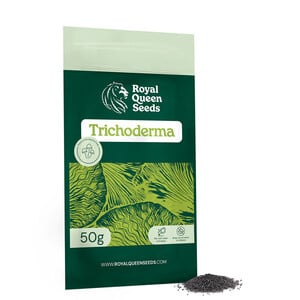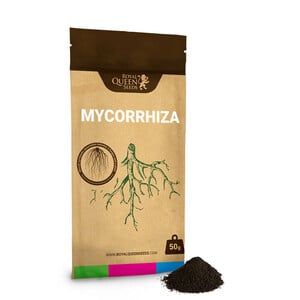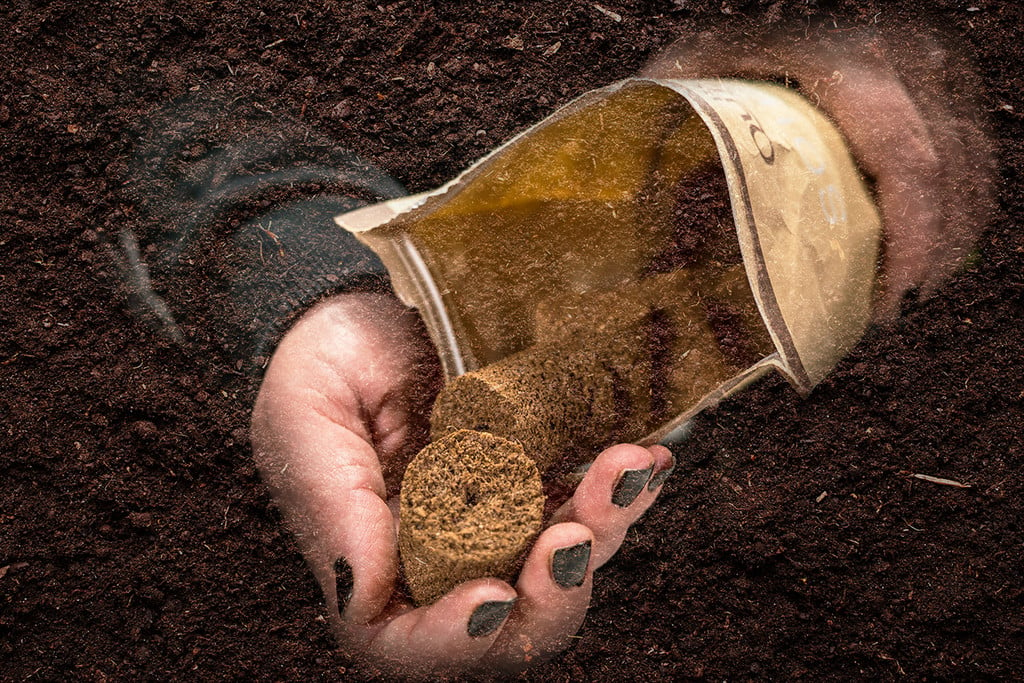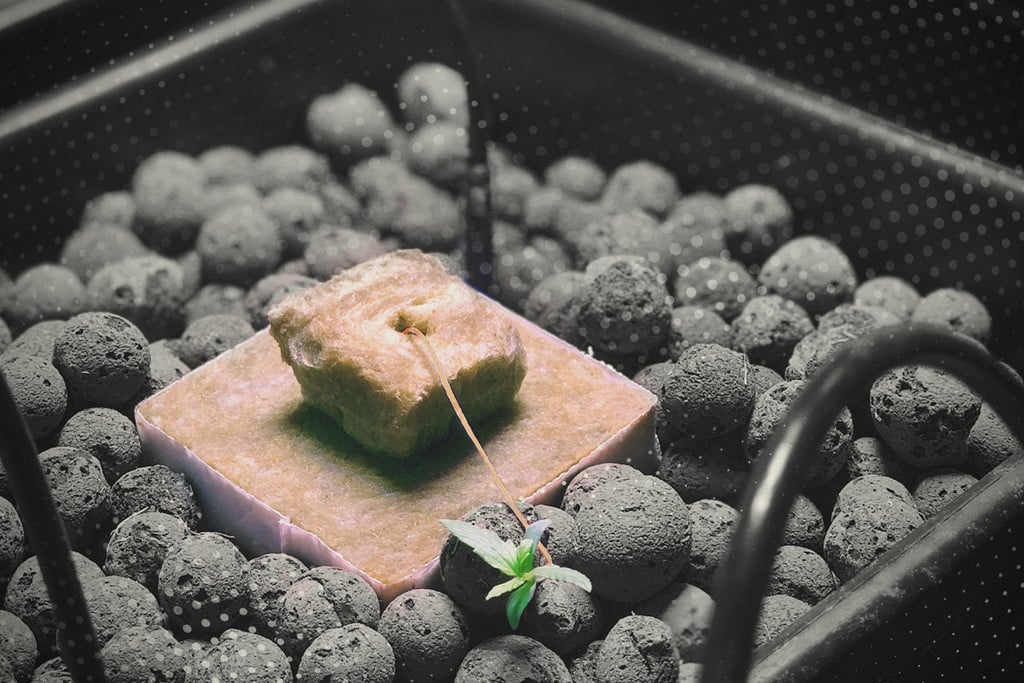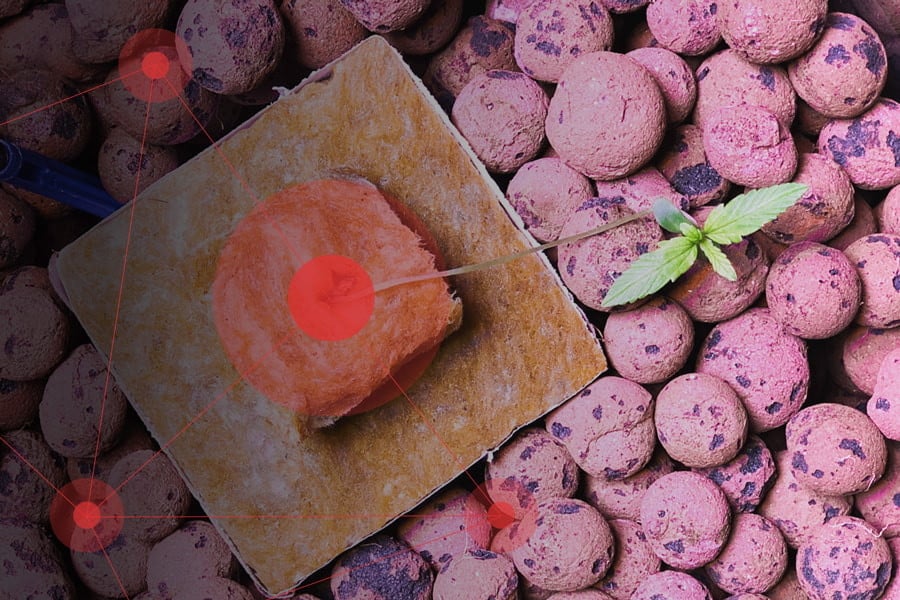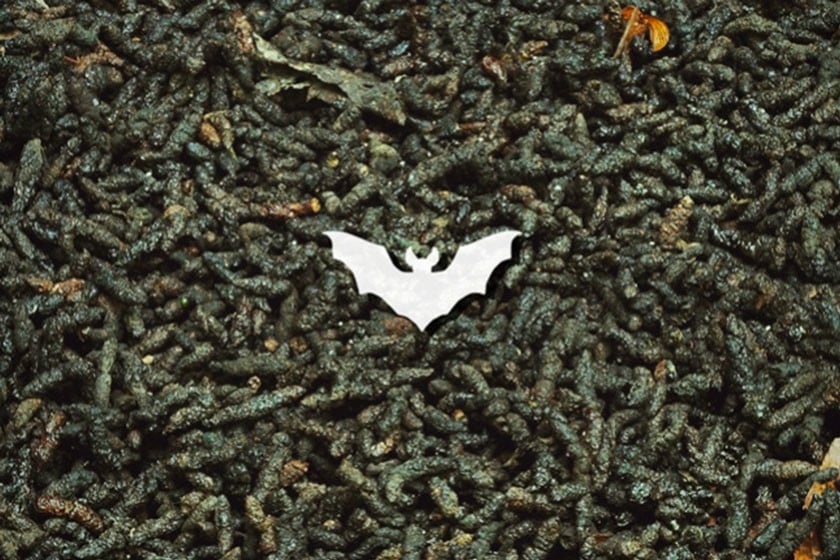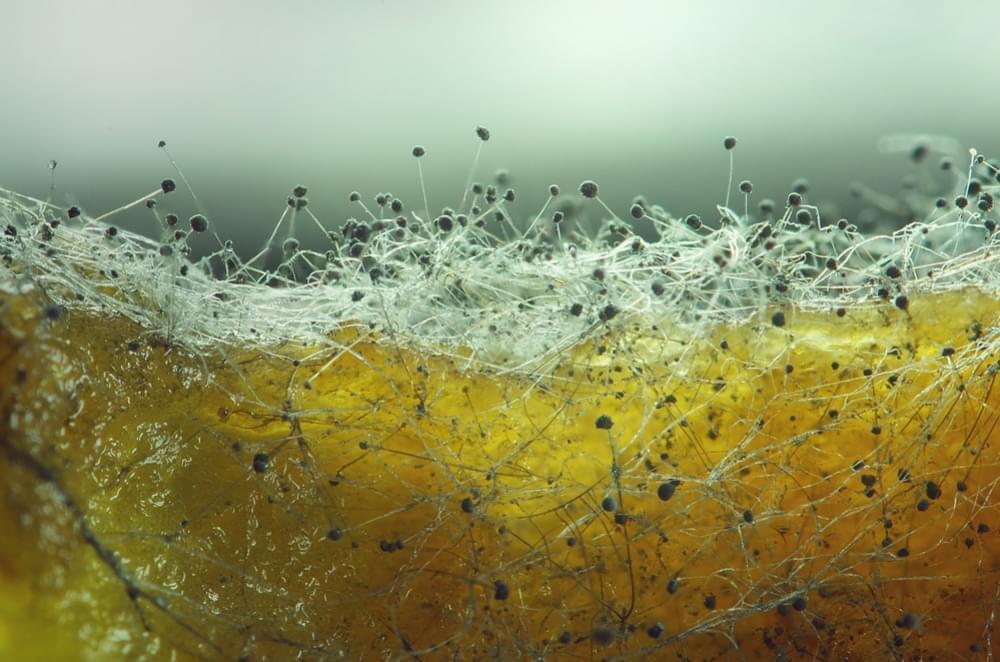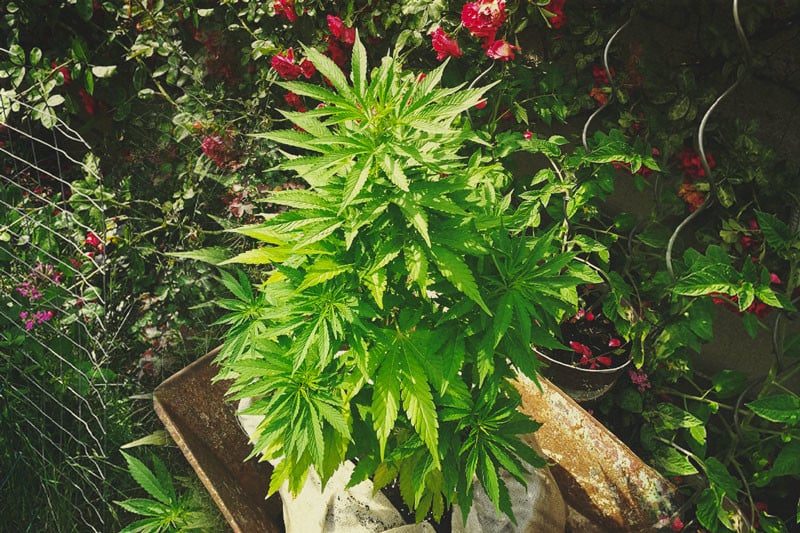.
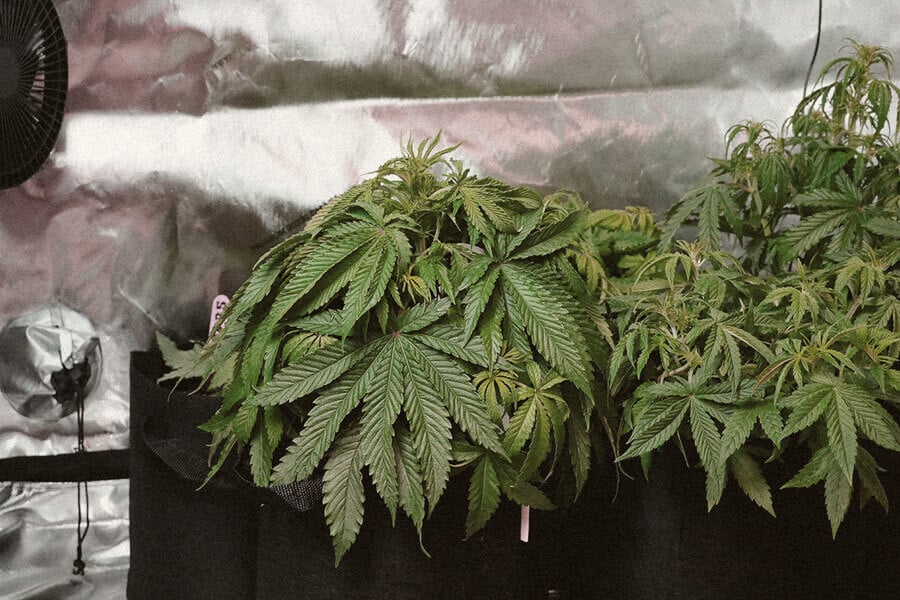
How to Prevent Verticillium Wilt When Growing Weed
Verticillium wilt can kill off an entire crop of cannabis plants, and there's no known cure. Therefore, your best bet is to keep your plants free of this pathogen in the first place. Fortunately, nature has the answers!
You don’t want your cannabis plants to succumb to any pathogens. However, there are some problems that can be cured even once they’ve set in—this is not the case with Verticillium wilt. Once it’s present, there’s not much you can do but dispose of infected plants.
In this article, we explore Verticillium wilt, how to identify its effects on cannabis plants, and how to prevent it from developing in the first place.
Contents:
What Is Verticillium Wilt?
Verticillium wilt is caused by a range of Verticillium spp. species, with the most common being Verticillium dahliae and Verticillium albo-atrum. V. dahliae produces microsclerotia and V. albo-atrum produces melanised mycelia. While there are certain differences between the two, for the purposes of this article we will focus mainly on V.dahliae, and relevant instructions for plant care and prevention can be followed regardless of the species of Verticillium spp. affecting your plants.
Verticillium belongs in the fungal class Deuteromycetes (fungi imperfecti). As such, it spreads via spores, which then become activated in soil. These fungi can live for years in soil while looking for a host, and once they find one, they enter through a plant’s root system. Due to this, it’s important to use clean soil and to sterilise soil before using it again, if you suspect that Verticillium spp. has found its way in.
Once inside the plant, Verticillium attacks the plant’s xylem—the vessels that it uses to carry water—and these die and degrade, ultimately leading to the death of the whole plant.
Alongside cannabis, these fungi also affect other common agricultural crops, such as:
- Potato
- Peppermint
- Maple


Signs and Symptoms of Verticillium Wilt in Cannabis
Verticillium wilt gets its name from the distinctive wilting that it causes in plant leaves, beginning with chlorosis and leading to necrosis. At first, identifying it can be a little challenging, but the condition does have telltale symptoms that make accurate diagnosis possible.
Wilting
The first sign you might notice is that the plant’s leaves begin to wilt. This may well happen alongside discolouration (more on this below). Wilting might not only affect the leaves, but can also happen to branches and sometimes the entire plant. In some cases, only certain branches or parts of the plant wilt.
Leaf Yellowing and Browning
Chlorosis is a process where plants become unable to produce chlorophyll, and many conditions can cause this, among them Verticillium wilt. As leaves wilt, they will begin to discolour between the veins and the outside margins until they become a grey-brown colour.
This discolouration often moves up the plant, beginning at the bottom—but not always.
It’s important to note that the base of the stem, near the soil line, will also brown and discolour if a plant suffers from Verticillium wilt. This can be a good way to tell what has caused the leaves to wilt and discolour.
Stunted Growth
As the xylem begins to become clogged and die, the plant will no longer be able to properly transport water and nutrients around its organism. As a result, it will stop growing. Stunted growth is a result of Verticillium wilt, but it is unlikely to be the symptom by which you diagnose it. This is because as the vessels die off, the leaves and plant will wilt and discolour before you notice that growth has stalled.
If your plant stops growing, but you can’t see any discolouration or wilting, it’s unlikely that Verticillium spp. is the cause.
Vascular Discolouration
As necrosis takes hold in the xylem, this too will discolour. Vascular tissue will begin to take on a darker colouration, especially in the obviously affected parts of the plant. As Verticillium spp. affect the vessels, this is a sure sign that Verticillium wilt, or a similar infection, is at work.
Leaf Drop
Eventually, wilted and discoloured leaves will drop off. By this point, though, you’ll probably have noticed other symptoms. If few other symptoms are present, then leaf dropping might be caused by something else. For instance, under-watered plants’ leaves turn crispy and yellow and drop off, but the rest of the plant remains looking healthy (for a time).
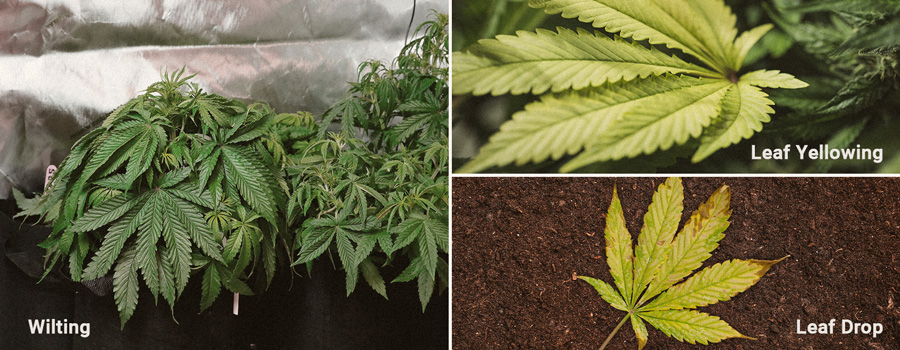
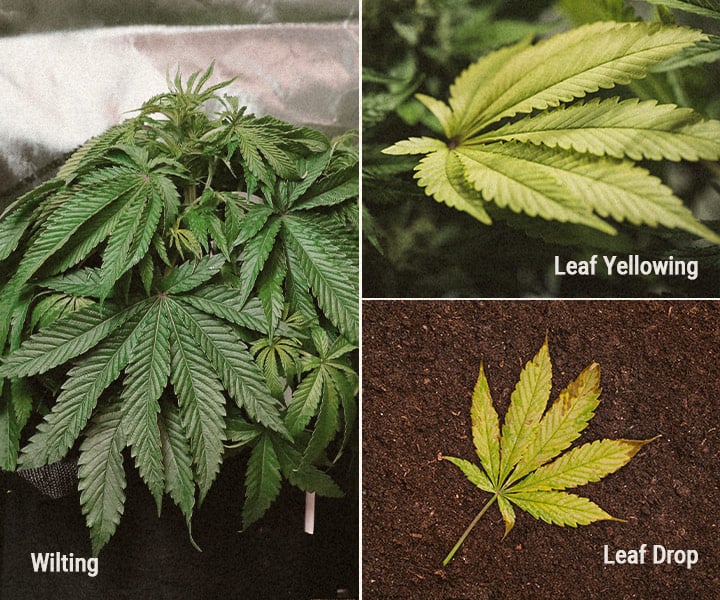
How to Treat Verticillium Wilt in Cannabis
There are no proven treatments for plants infected with Verticillium wilt. But you can amend soils before you start growing to reduce the chances of these fungi appearing in the first place. These fungi thrive best in soil that is overly rich in nutrients and that has poor drainage, so using appropriate soil is key. In fact, sun-sterilised (solarised) compost is brilliant for combating the growth of Verticillium.
Trichoderma
Some research suggests that Trichoderma spp. may be effective at stopping the development[1] of Verticillium dahliae mycelium. Exactly how this would work in a natural soil setting is less clear, as this research was conducted in a laboratory setting. However, it seems possible that a healthy presence of Trichoderma in the soil might defend plants against Verticillium.
Mycorrhizal Fungi
Mycorrhizal fungi are terrestrial fungi that live in the rhizosphere (soil) surrounding a plant’s roots. These are beneficial fungi that have a symbiotic relationship with cannabis plants and can increase their ability to uptake nutrients, thereby increasing their antioxidant metabolism and production of secondary metabolites, which can help to defend plants against a whole range of pathogens—including Verticillium spp.
Mycorrhizal fungi have long been known to be fantastic additions to cannabis soil, and will certainly help to reduce the chances of Verticillium wilt taking hold.
Compost
Adding solarised compost to soil can help to protect against Verticillium wilt in cannabis. Whether it can be added as a treatment once the condition is already present is unclear, but it can certainly work as a preventative action (more on this shortly).
One study has shown that plants growing in soil that contains both compost and mycorrhizal fungi fared much better[2] when infected with Verticillium. While these additions cannot be considered a cure to this fungal pathogen, they could help to reduce its impact. Indeed, it should be noted that you can’t suddenly add compost and mycorrhizal fungi to the soil of already infected plants and hope to see them improve; rather, plants already growing in this soil can potentially cope with the infection better.
How to Prevent Verticillium Wilt in Marijuana
As with all ailments, it’s much better to prevent Verticillium wilt than to try to cure it. With some conditions, prevention is better than a cure. With Verticillium wilt, there seemingly is no cure, so prevention is really your only option.
Crop Rotation
Rotating crops can help to prevent the spread of this condition. If you repeatedly grow cannabis in the same soil, season after season, the chances of Verticillium spp. making a home there is much greater than if you grow different plants in the same soil. Ideally, you should also grow plants that are unaffected by this fungus so that it can’t infect and reproduce.
If you know soil is infected, then you should really leave it to grass over for several years before trying to grow any crops in it again. During this time, the mycelium will eventually die if it doesn’t find a host.
Soil Solarisation and Pasteurisation
UV light from the sun is great for sterilising soil and compost. Solarisation basically means allowing bare soil to be exposed to the sun. If you do this with soil before planting cannabis in it, chances are that any Verticillium present will be killed off, and you’ll be able to grow healthy plants.
Note that any beneficial microbes and fungi will suffer from this treatment too, so you might have to amend the soil after it's been solarised.
Alternatively, you can sterilise soil by other means. One easy method is pasteurisation. To pasteurise soil, heat it in water at around 80ºC for at least 30 minutes. This will kill off all pathogens, and also the beneficial microbes too, so think of it as sterilised afterward. As such, it’s worth amending this soil after pasteurisation, using compost and mycorrhizal fungi.
Sanitation Practices
If you suspect that a plant is infected, you have to remove it quickly to avoid the spreading of spores.
Some people just remove the obviously infected limbs and hope that the other parts of the plant will remain healthy; this can happen. However, if you have a large crop, it’s really best to just remove the whole infected plant and its soil as quickly as possible. It’s much better to sacrifice one plant to save all the others.
If you suspect infection, always wash your hands and any tools, even if you think you’re handling plants that aren’t infected. This is especially true if you touch the soil, as spores and mycelium can exist in the soil long before plants show any sign of infection.
Cultivate in Living Soil
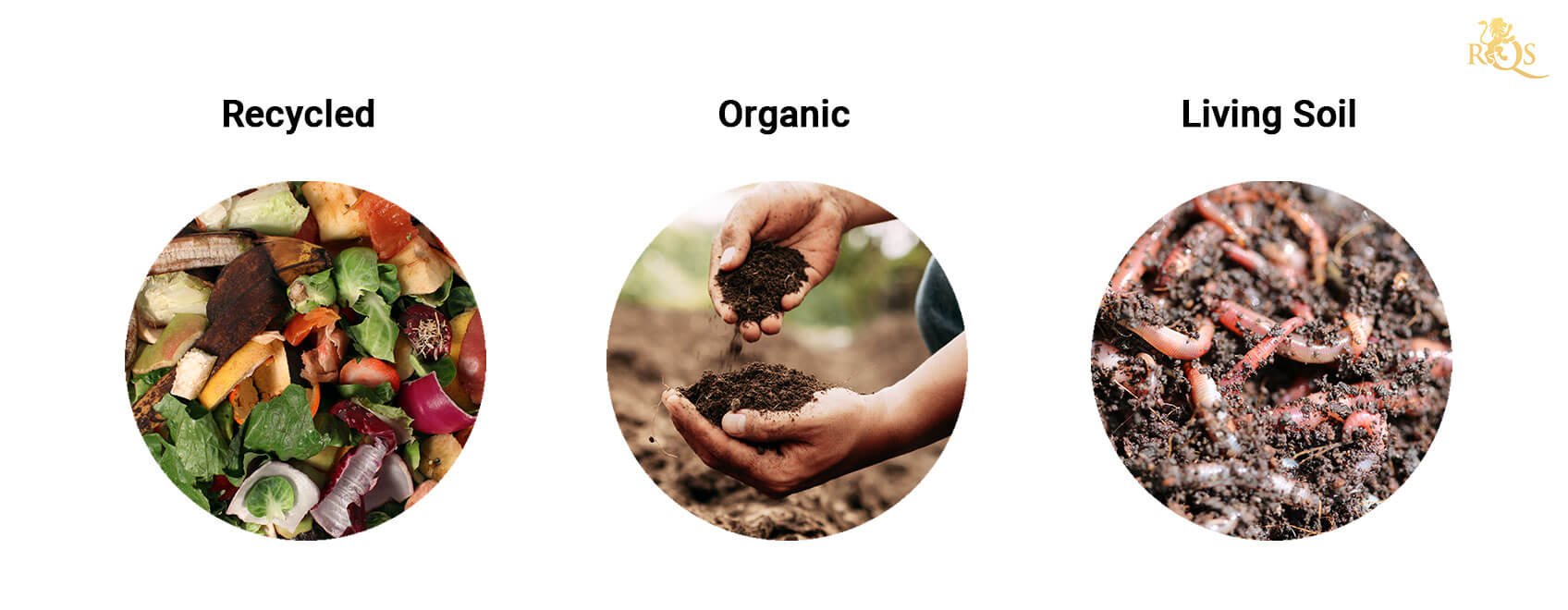
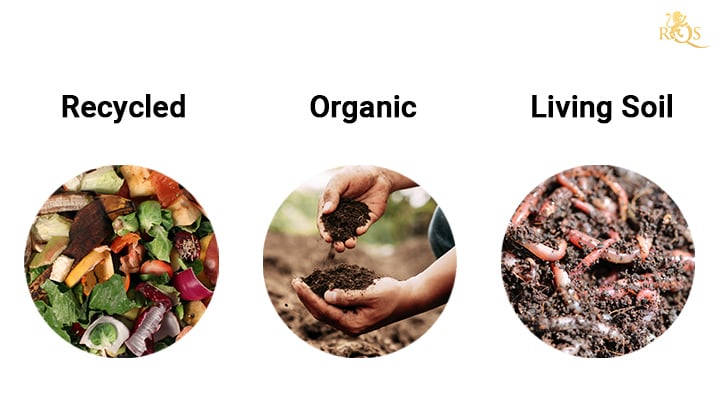
If you head out to nature, all the soil is living. It is not some dead, inert mass in which plants grow. Rather, soil is a thriving ecosystem, and cannabis plants have adapted to live in this, not in the sterile, synthetic environments many choose to grow in.
Living soil—the likes of which can be made with compost and mycorrhizal fungi—improves the quality of cannabis, helps it to defend itself against pathogens, and helps to compete against pathogens within the rhizosphere.
In the quest for better, healthier cannabis plants, living soil ticks all the boxes.
Are Any Cannabis Strains Resistant to Verticillium Wilt?
As yet, there are no cannabis strains that are resistant to Verticillium wilt. But breeders and researchers are trying to find ways to grow plants that can resist this pathogen.
F1 hybrids are generally more resistant to diseases than stable inbred lines, and these are showing some promise. While they are not totally resistant to Verticillium spp., they might be better able to fight off these fungi compared to conventional cannabis strains.
Where Does Verticillium Wilt Come From?
Verticillium wilt is a soilborne pathogen that can live in soil for many years before finding a host. But planting seeds in soil that is already infected is not the only way to expose your plants to Verticillium. It can also be spread via:
- Soil organisms
- Infected plant material
- Contaminated equipment
- Water sources
- Weed hosts
Is Verticillium Wilt Contagious?
Yes, very. As you can see, it can spread not only through infected soil, but through many other vectors, some of which you are in control of. This is why it’s so important to practise good hygiene even when growing outdoors. Tools, water, and other plants can all introduce Verticillium to the soil in which your plants are growing.
Verticillium Wilt: Prevention Is the Best Intervention
Verticillium wilt is a genuinely destructive pathogen once it sets it, and there is currently no known treatment for it. So to protect your plants, knowledge is power. There’s no need to live in fear of these fungi, but you should be aware of Verticillium wilt and take adequate measures to prevent it from coming into contact with your plants.
By far the best action you can take is to grow in healthy, living soil that boasts a vibrant rhizosphere. Not only will this protect your plants from Verticillium wilt, but a number of other pathogens too.


























